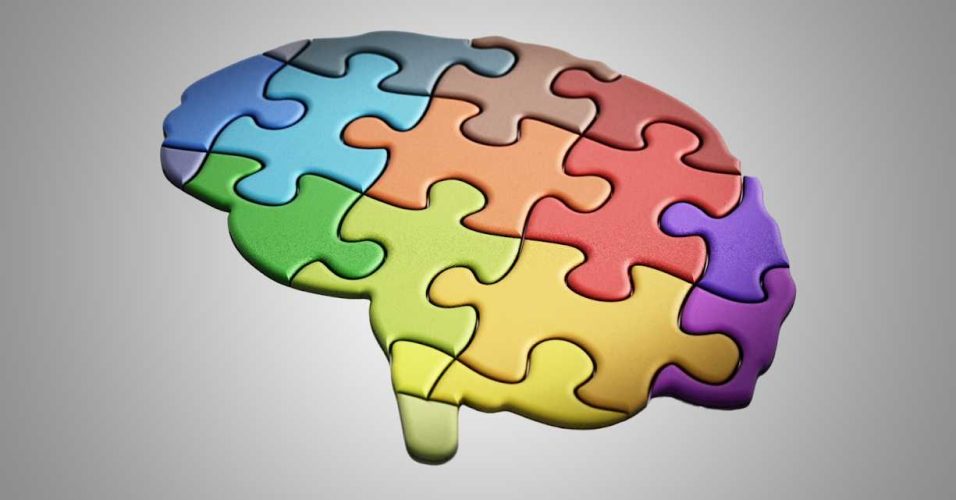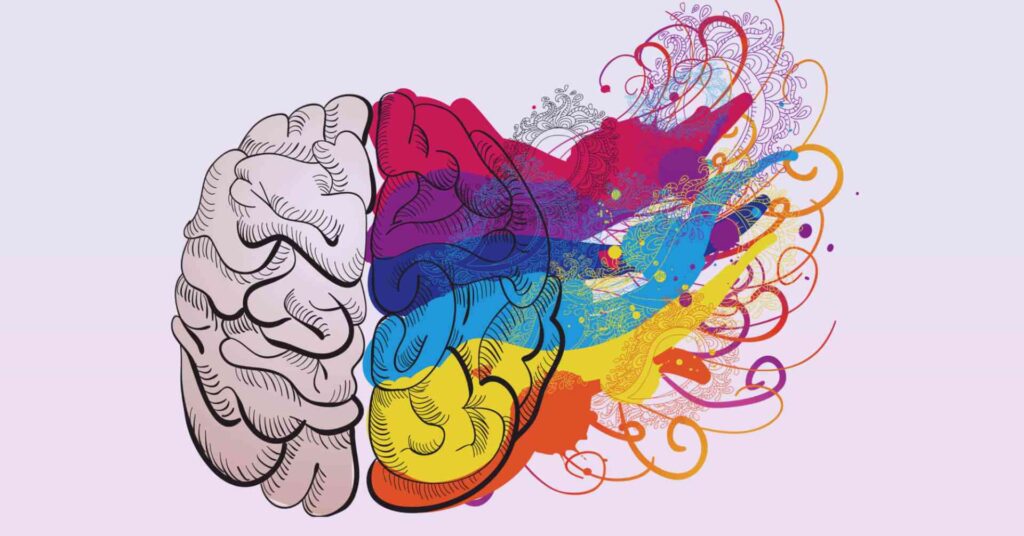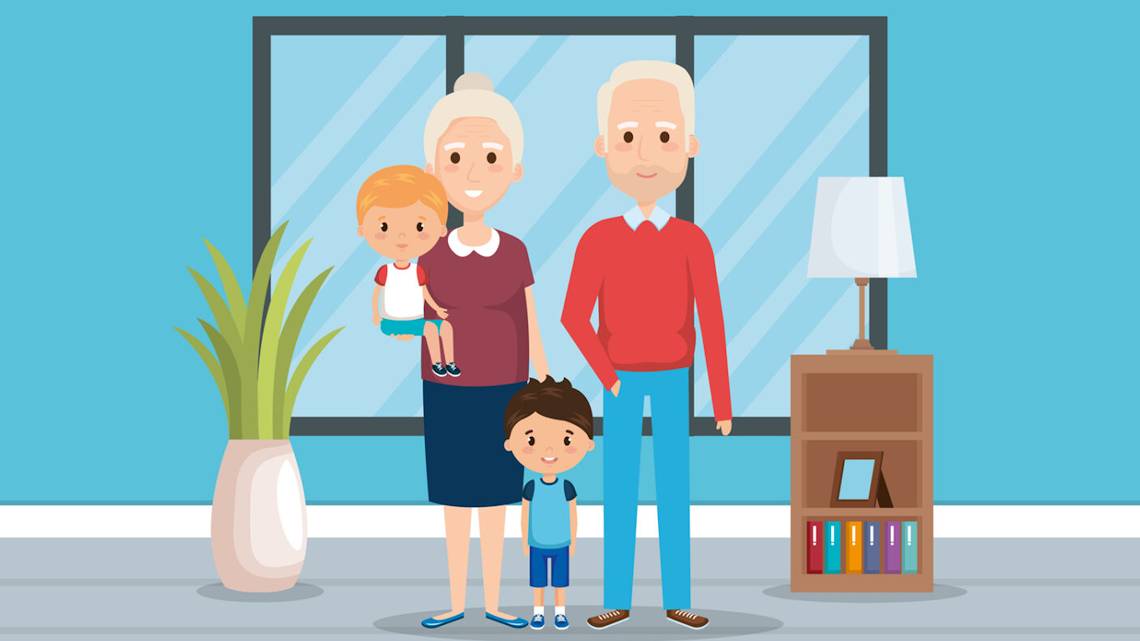
What do high-achieving individuals like Albert Einstein, Alan Turing, Michael Phelps, Simone Bile, Liv Tyler and Emma Watson have in common? They are all hugely successful people who are neurodivergent. Neurodiversity, a term coined by Australian sociologist Judy Singer in 1998, refers to the natural diversity that exists in human neurodevelopment. Interestingly, Singer herself is on the autism spectrum, which adds a unique perspective to her work.
Neurodiversity encompasses a wide range of neurological conditions, such as autism spectrum disorder (ASD), attention deficit hyperactivity disorder (ADHD), and dyslexia. Neurodivergence in adults and children are variations of the human brain that contribute to the overall diversity of our society. But there is a still a way to go before the richness neurodiversity brings to the world around us is recognised and celebrated.
Understanding neurodiversity
The overemphasis on deficits and disabilities
In the traditional medical paradigm, there is a tendency to overfocus on the deficits associated with neurological conditions (Pellicano & Houting, 2021). As a result, these deficits are often labeled as disabilities. The traditional medical perspective strives for the “normalization” of individuals, using an average level of ability as a benchmark.
Consequently, anyone deviating from this benchmark is considered to be in a less-than-ideal state of health. The main goal then becomes reducing the symptoms of this perceived “disability.” Unfortunately, this approach often overlooks the unique strengths and capabilities that come with neurodiversity.
The negative labels and stigma
Unfortunately, stigmatizing clinical labels associated with neurological conditions can only serve to amplify what may be considered to be ‘deficits’ in an individual.. Even within the field of psychology, terms like “disorder,” “impairment,” and “dysfunction” are commonly used, further contributing to the stigma surrounding neurodivergent traits.
Research show neurodiverse children growing up with these labels can suffer from low self-esteem, viewing themselves as less worthy than their so-called “normal” peers; subsequently, their mental health can be significantly impacted as they can experience stress, anxiety, and negative self-perceptions (Werkhoven et al., 2022). As they move into adulthood, children may continue using these negative labels to form their self-identities.
Diverse strengths
It is crucial to recognize neurodivergence in adults and children often possess unique strengths associated with their neurological traits. For example, individuals with dyslexia may be viewed as people with a learning disorder that affects their reading skills. This narrow focus on deficits causes the label of dyslexia to overshadow their other positive qualities.
Yet, research has shown that individuals with dyslexia excel in areas such as problem-solving, creativity, and visual thinking (Fung et al., 2022). By neglecting these hidden strengths, the traditional medical paradigm fails to capture the full potential of neurodivergent adults and children.

Promoting neurodiversity awareness and inclusivity
While neurodivergent scholars have played a significant role in promoting awareness of neurodiversity, their efforts alone are not enough to shift public perception. As a society, we can all contribute to promoting awareness and appreciation for neurodiversity in schools, the workplace, and the wider community. Government policies need to be implemented to shift health and medical professionals’ perspective of neurodivergence, recognising it as a norm rather than an illness requiring treatment.
Educational policies should be adjusted to ensure students are assessed in a fair and inclusive manner. The media and general public chould showcase the success stories of neurodivergent public figures who, capitalising on their strengths rather than their challenges, have excelled in their respective fields from international business to Olympic sports and more. We can all make a positive difference.
Celebrating neurodiversity
Every adult and child, neurodivergent or not, possesses a unique set of strengths and weaknesses. However, it is crucial to recognize neurodivergent individuals often bring a diverse array of talents and abilities to the table, which should be valued and celebrated. Rather than focusing solely on perceived limitations or challenges associated with neurodiversity, let us appreciate the distinct strengths and capabilities neurodivergent individuals possess.
By recognizing and nurturing these strengths, we can create inclusive environments where everyone is empowered to thrive and contribute their unique perspectives and talents to society. Embracing neurodivergence in adults and children means acknowledging the richness of human diversity and fostering environments that support the growth and development of all individuals, regardless of their neurological differences.
References
Pellicano, E., & Houting, J. (2022). Annual research review: Shifting from ‘normal science’ to neurodiversity in autism science. Journal of Child Psychology and Psychiatry, 63(4), 381-396. https://doi.org/10.1111/jcpp.13534
Fung, L. K., Ulrich, T. L., Fujimoto, K. T., & Taheri, M. (2022). Neurodiversity: An invisible strength? Jom, 74(9), 3200-3202. https://doi.org/10.1007/s11837-022-05454-2
Werkhoven, S., Anderson, J. H., & Robeyns, I. A. M. (2022). Who benefits from diagnostic labels for developmental disorders?. Developmental Medicine and Child Neurology, 64(8), 944–949. https://doi.org/10.1111/dmcn.15177
Recently Added
Adaptogens are a class of natural herbs, roots, and mushrooms that assist the body in adapting to stressors in the environment. These …
The journey of raising children comes with countless moments where they need our support and guidance. Whether our children are typically developing …
The World Infant, Child and Adolescent Mental Health Day was first initiated to highlight the importance of mental health, starting from the …




